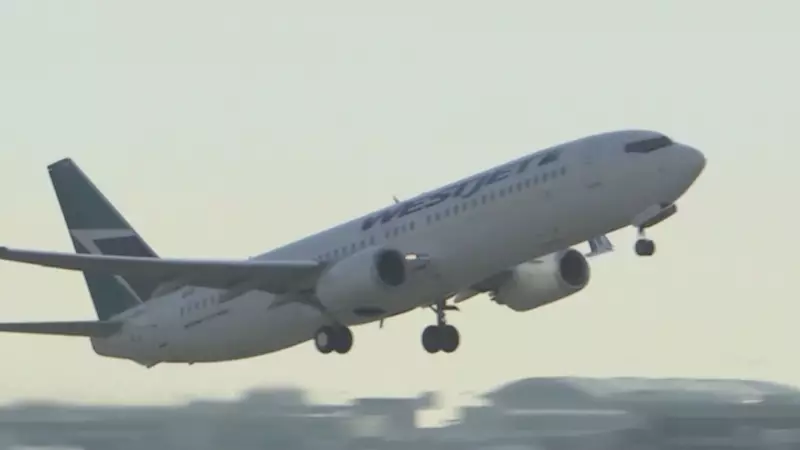
Canadian travelers are keeping a close eye on ongoing labor negotiations between WestJet and its flight attendants, as the outcome could significantly impact summer travel plans across the country. With the current collective agreement set to expire, both sides are working toward a new contract that addresses key concerns around wages, working conditions, and job security.
What's at Stake for Travelers
The timing of these negotiations is crucial, coinciding with the busy summer travel season when millions of Canadians take to the skies. While both the airline and the Canadian Union of Public Employees (CUPE), which represents the flight attendants, emphasize their commitment to reaching a deal without disruption, travelers are understandably concerned about potential impacts.
Key concerns for passengers include:
- Potential flight delays or cancellations if negotiations stall
- Last-minute changes to booking availability
- Possible service disruptions during peak travel periods
- Uncertainty around vacation and business travel plans
The Negotiation Landscape
WestJet management has expressed confidence in reaching a fair agreement that recognizes the valuable contributions of their flight attendants while maintaining the airline's competitive position. Meanwhile, union representatives are advocating for improved working conditions and compensation that reflects the demanding nature of their members' roles.
Both parties have indicated they're prepared to continue negotiations as long as necessary to reach a mutually acceptable agreement. The current talks follow similar labor discussions across the Canadian aviation industry, as airlines and their employees navigate post-pandemic recovery and changing economic conditions.
Traveler Protections and Rights
Canadian air passengers have specific rights under the Air Passenger Protection Regulations, which remain in effect regardless of labor situations. These include requirements for airlines to provide timely communication, alternative travel arrangements, and compensation in cases of significant delays or cancellations within the carrier's control.
Industry experts recommend that travelers monitor the situation closely and consider travel insurance that covers labor disruptions. Booking flexible fares and keeping important contact information handy can also help mitigate potential inconveniences.
As negotiations continue behind closed doors, the aviation community watches closely, understanding that the outcome will not only affect WestJet's operations but could set precedents for other Canadian airlines facing similar labor discussions in the coming months.






